“Smithereens” is a nail-biting installment of Black Mirror. It impressively juggles a mixture of believable writing, confident direction, and an exceptional central performance like a skillful trapeze artist does bowling pins high above the ground, in the process leaving you white-knuckled.
The plot follows Chris Gillhaney (Andrew Scott) – a ride share app driver with a mysterious abhorrence for social media. On one particular 2018 day he picks up Jaden (Damson Idris), an intern for the social media company Smithereen, who’s on his way to the Heathrow Airport. Chris makes a surprising detour, driving off map and kidnapping his customer at gunpoint; spotted and then chased by police, the man and his hostage crash into a field. Now surrounded by law enforcement, Chris makes a demand – he wants to speak with Smithereen owner Billy Bauer (Topher Grace) for reasons unknown. As the two men are put on a collision course for a dialogue, an intercontinental team assembled of British police, American FBI, and Smithereen staff must work together to get Jaden to safety and figure out what Chris’ true intentions are.
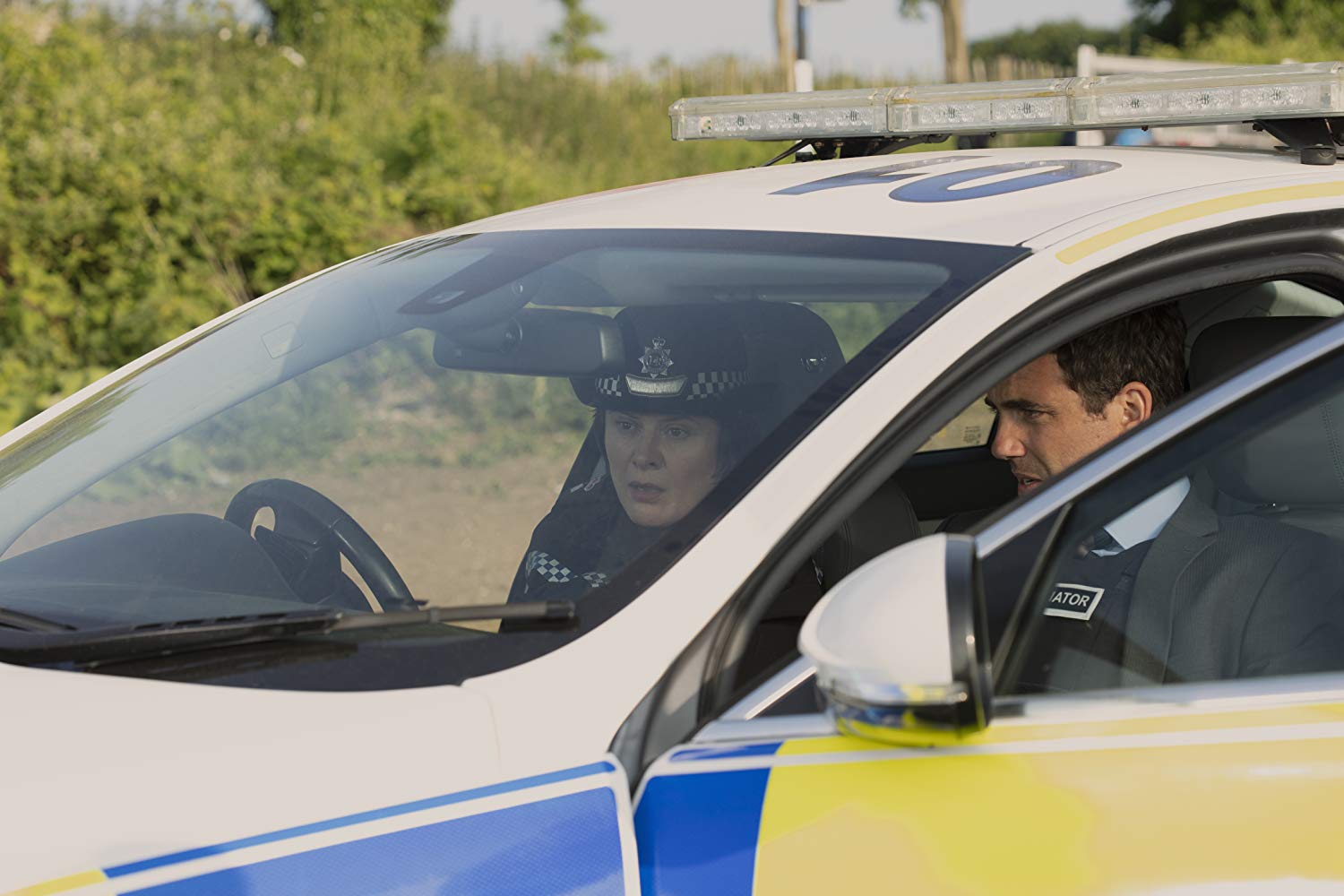
Giving this narrative, a necessary balance is director James Hawes (Penny Dreadful, The Alienist). “Smithereens” frequently jumps between Chris and Jaden in the car, the international team trying to gather information, and even nearby British phone-wielding civilians. As this transpires it never feels confusing under Hawes’ watchful eye, and you always feel the high stakes of the scenario.
Laying the foundation for this is Charlie Brooker, whose writing here is naturalistic. In particular, the characters always feel like they’re responding to this intense hostage crisis in ways that feel believable. During one early scene, before placing a bag over his head, Chris attempts to get Jaden into the cramped trunk of his car. Jaden resists, placing his foot between him and the small space. “I can’t go in there. I’ve got claustrophobia, man,” he stammers.
Critical to this episode, and why it works so well, is Scott, whose performance as Chris helps ground the story elements around him. Much like an acrobat performing without a safety net underneath them, Scott is fearless; throughout each moment on screen, it seems like every fiber of his body is quaking with emotional truth. At one point Chris snaps in anger at Jaden about the addictive nature of the Smithereen App; he’s heated in rage, comparing people’s phone usage to chain-smoking while wildly tapping his gun like a person does a screen and mimicking the beeping noises of technology. In lessor hands this moment could come across as comical or even over-the-top, but due to Scott’s acting ability your eyes are glued to the screen. As Chris’ agenda for kidnapping Jaden and wanting to speak to Smithereen’s Billy Baur become slowly revealed the actor makes you both empathize with and fear his character.
In “Smithereens,” Brooker’s examination is social media, and it’s this element that’s the through line of the episode, like a tight rope going from point A to point B. In the plot, the members of Smithereen are able to stay up to speed and sometimes outpace members of the British Law as far as information on Chris; they’re able to do this just by using the data they have from his social media profile. Meanwhile, the British bystanders near the hostage crisis are able to provide instant news updates surrounding the situation via social media to the public. As Brooker points out in his script, social media is such an ubiquitous aspect of our lives in today’s age. We invest in and put out so much information about ourselves on various social platforms and seek out quick hits of information all available at the tap of a button.
With its combination of strong direction, writing, and a riveting performance from Andrew Scott “Smithereens” is a thrilling episode of television. This combined with its engrossing examination of social media makes for a soaring Black Mirror experience that will leave you at the edge of your seat.


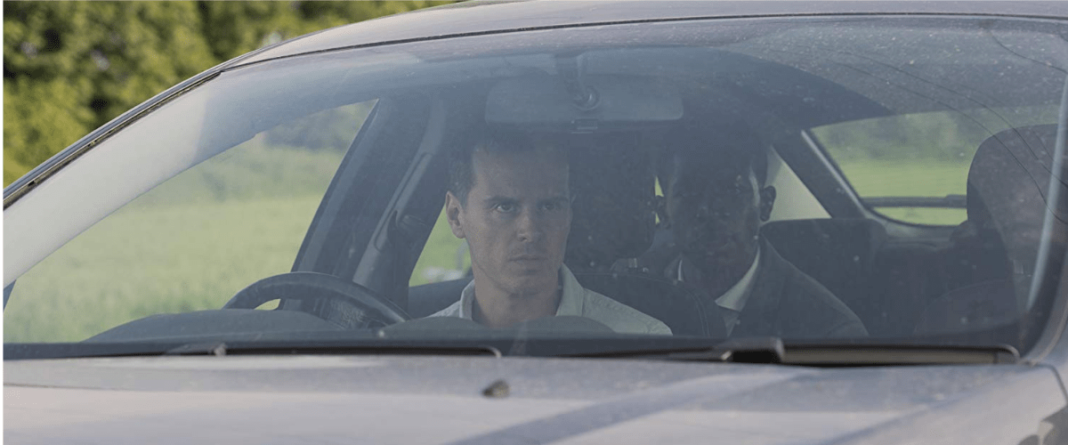
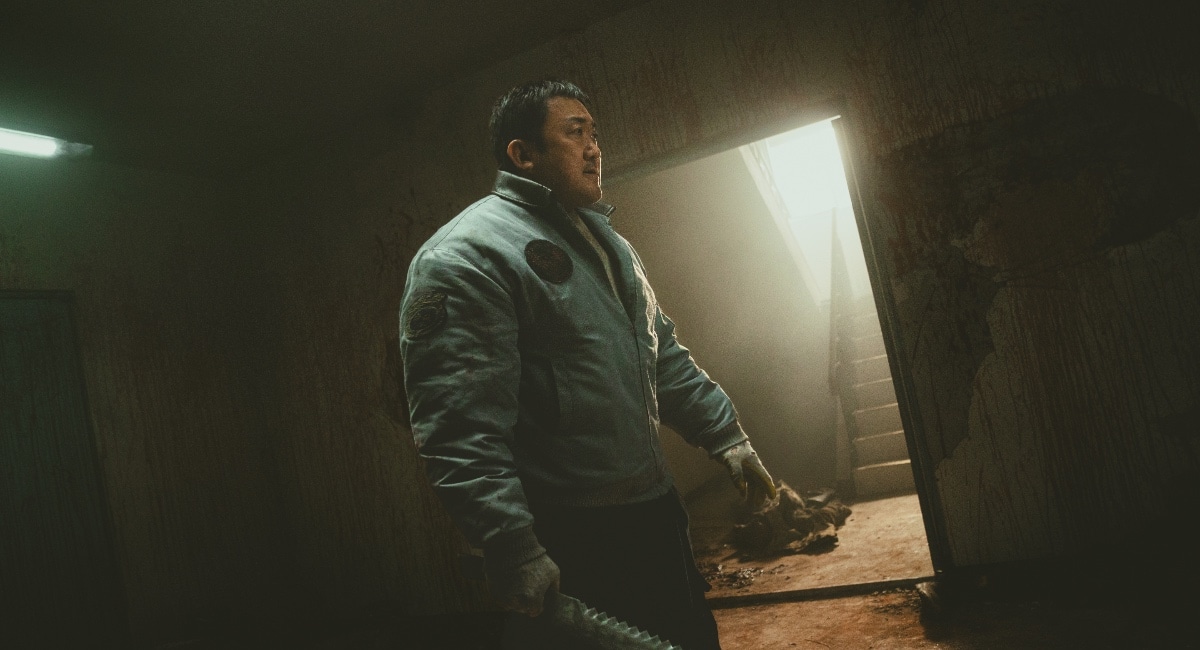

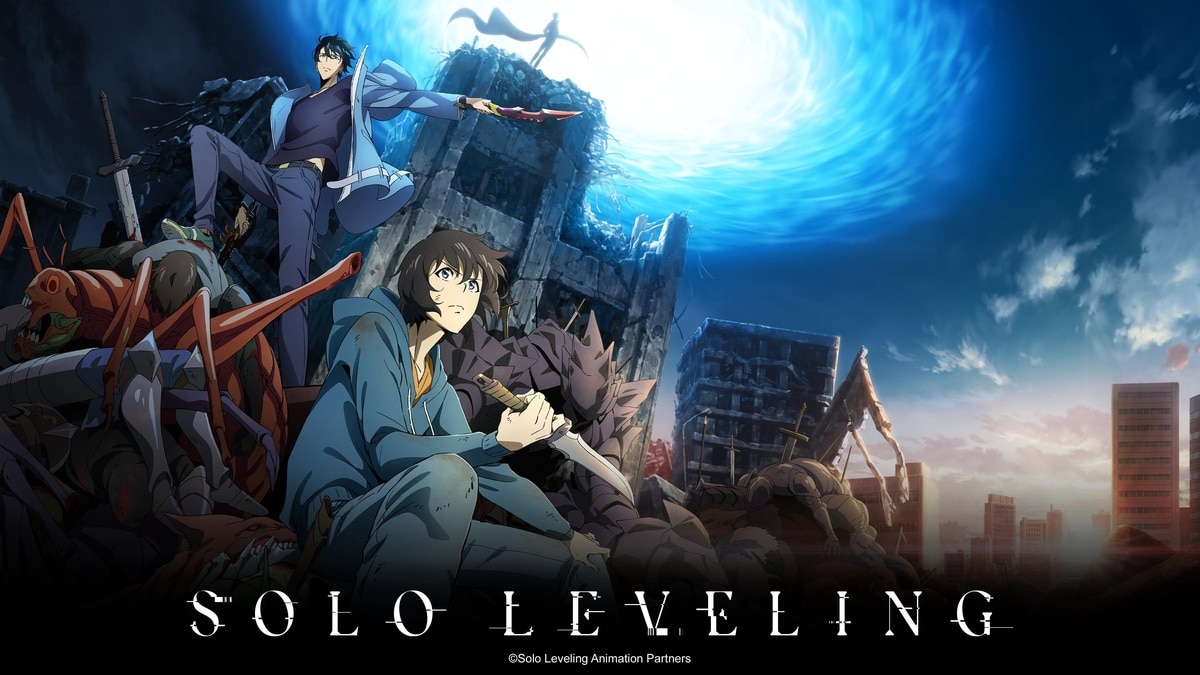
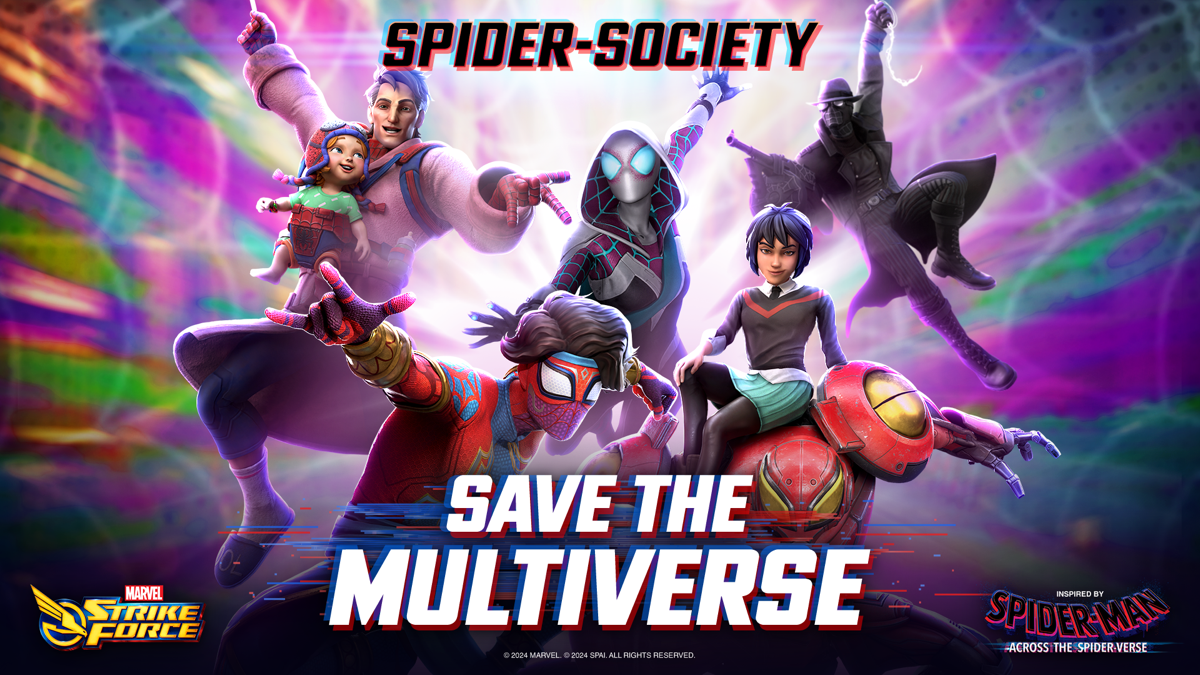

he was so good though wow
Yes, nice article. I recently read a paper claiming that the techno-Utopian of the Italian 5 star movement is a cover for authoritarianism. It is so easy to get caught up in only looking at how far you have to go with the end of your job, this clouds the project and has the potential to sour the end of your job.
Comments are closed.